Nicolás Maduro criticizes Rawayana for his song “Veneka”
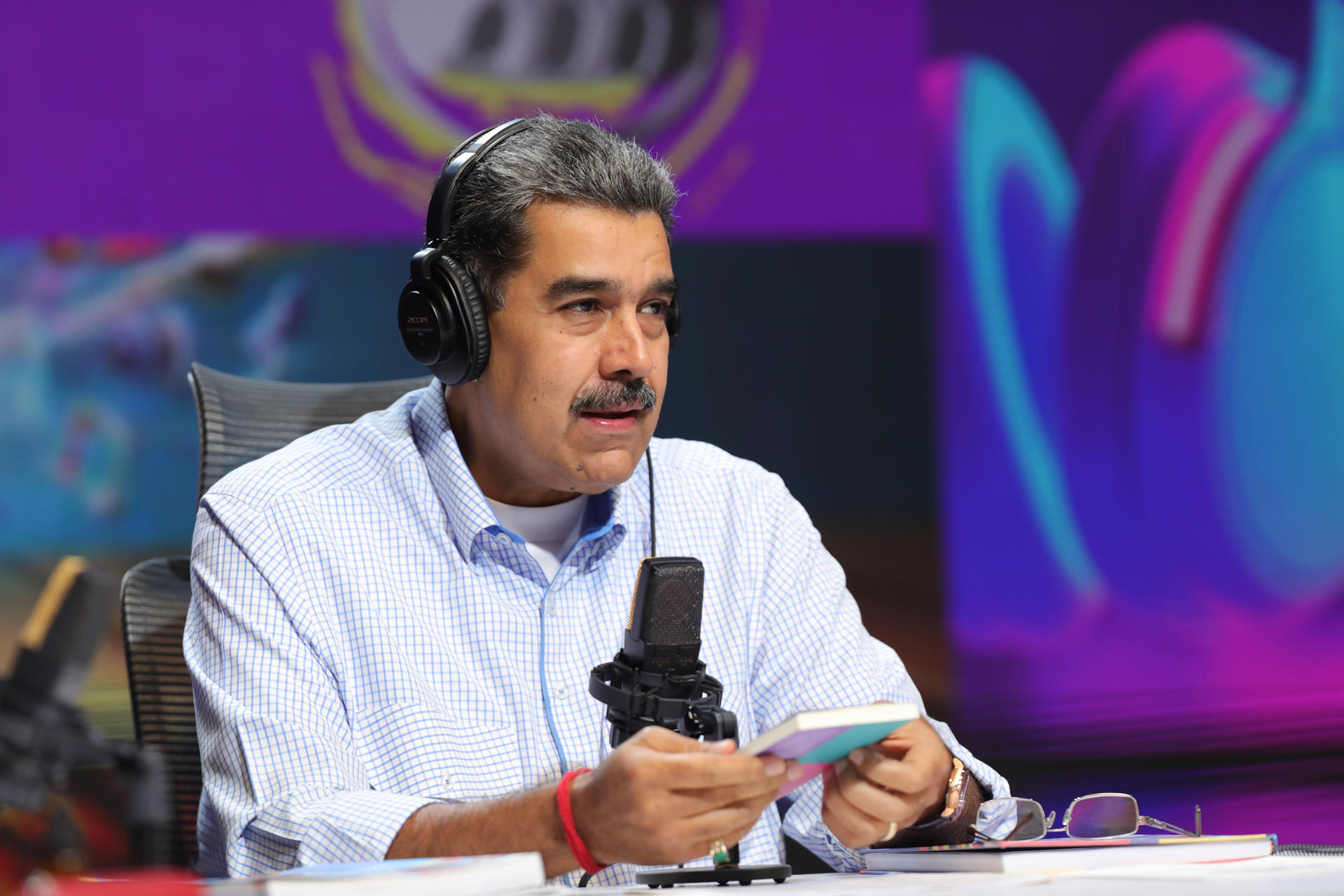
Nicolás Maduro attacked the musical group Rawayana this Sunday for their song “Veneka”, released on October 20 together with rapper Akapellah.
“The women of Venezuela are called dignity, they are called respect and they are called Venezuelans. They are not venekas (…) Let us come out in defense of the identity of Venezuelan women, because they try to disfigure our identity. Will the people who made that song know that? Will they know?” Maduro said.
Then he added: “The group that made that song so insulting, so contemptuous, so horrible as Veneka didn’t muddy it, they played it.” But he did not mention the name of the Venezuelan band.
#1Dec #Statements @DarvinsonRojas: Nicolás Maduro described the song “Veneka” by Rawayana and Akapellah as “insulting” and “horrible.” pic.twitter.com/adRgPZ2MdW
“The women of Venezuela are called Venezuelans, they are not Venecas, they are not Venecas,” she emphasized.
— Report Now (@ReporteYa) December 1, 2024
He called on women to respond to the group on social networks. Furthermore, Maduro referred to the issue “+57” by the Colombian singer Karol G, stating that “they messed it up” due to the controversy that the song aroused.
Is the term offensive?
With “Veneka”, Rawayana reopened the discussion about whether or not the term is offensive. The song, a changa that exalts the attributes – mostly physical – of Venezuelan women, has been seen as an effort to redefine the word.
In recent years “veneco” has been used to disqualify Venezuelan migrants in countries such as Colombia, Peru or Chile.
But the positions on the term are opposite.. For many people it still remains an offensive term, an insult that represents the negative side of Venezuelanness, generally associated with violence; For others, who have taken on the task of reappropriating the term and using it to respond to those who use it in a derogatory tone, it represents the idiosyncrasy of the Venezuelan, beyond the positive and the negative.
It is worth highlighting the political stance that Rawayana assumed before the presidential elections, when called to vote by the then candidate Edmundo González Urrutia.
Related News
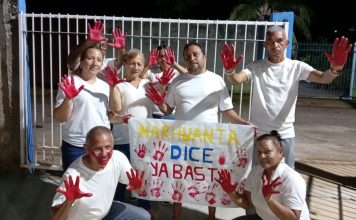
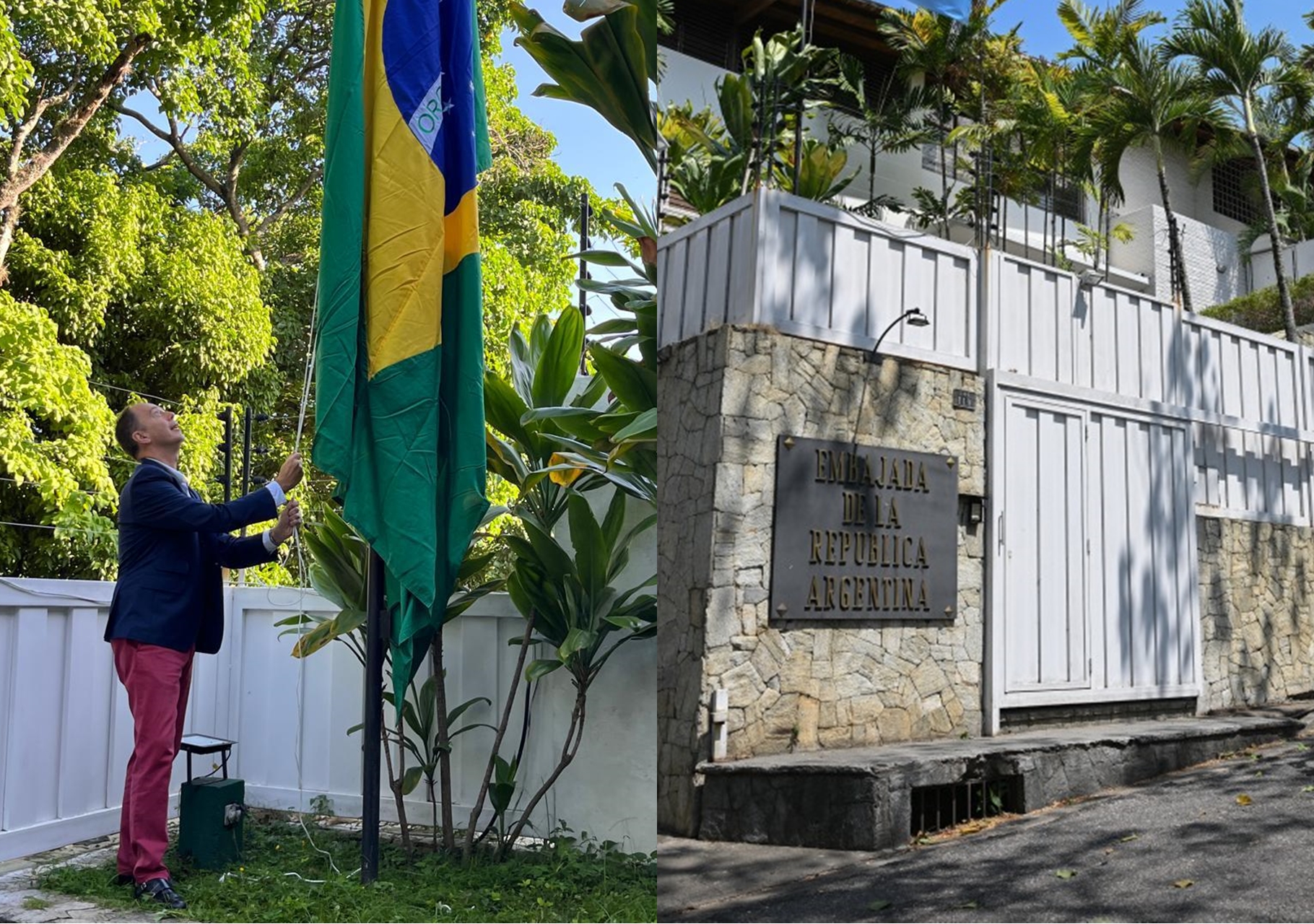

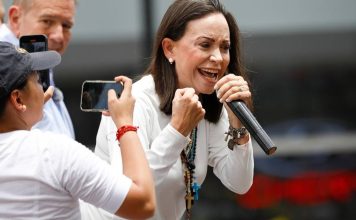
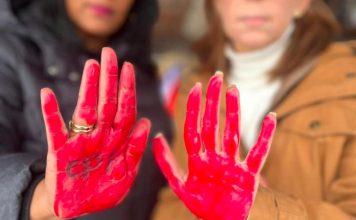
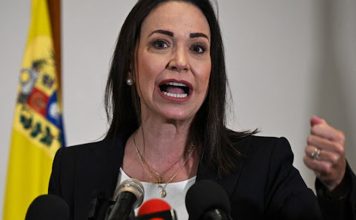
Independent journalism needs the support of its readers to continue and ensure that the uncomfortable news they don’t want you to read remains within your reach. Today, with your support, we will continue working hard for censorship-free journalism!
